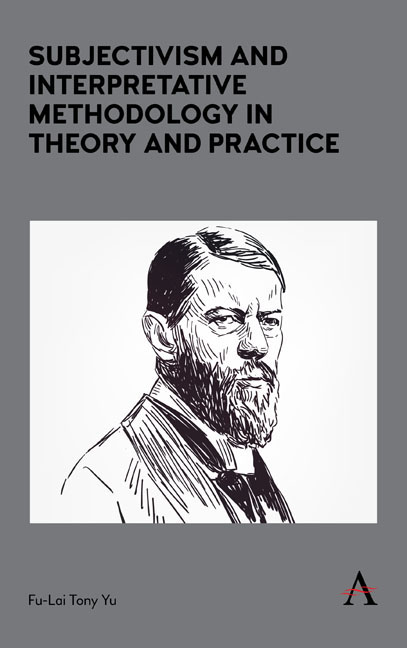2 - Subjectivism in the Austrian School of Economics
Published online by Cambridge University Press: 28 February 2020
Summary
Abstract. This chapter introduces the evolution of Austrian economics by identifying the major architects of the Austrian subjectivism. It argues that Austrian Economics adopts methodological subjectivism and interpretive approach in scientific inquiry. Moreover, after Ludwig von Mises, Austrian thinking split into major camps, namely, radical subjectivist Austrians represented by Ludwig M. Lachman and Murray N. Rothbard, and neoclassical Austrians represented by Friedrich A. Hayek and Israel M. Kirzner. The essences of Austrian subjectivism are seen in their discussion on entrepreneurship in the market process, knowledge and coordination problems; Capital theories, impossibility of central planning and Austrian business cycle. The chapter highlights the agreements with public choice school, new institutional economics, evolutionary economics, feminist economics, behavioral economics and disagreements with Marxist economics, the Neo- Ricardian School and orthodox neoclassical paradigm. It also clarifies similarities and differences between the Chicago School and Austrian School of Economics.
Major Architects of the Austrian School of Economics
The Austrian School of Economics is said to begin in 1871 with the publication of Carl Menger's Grundsätze (Principle of Economics). Menger views economics as a science dealing with human agency. He believes that “man himself is the beginning and the end of every economy” (Salerno 1999: 82). For Menger, economics is a study of human action regarding means and ends, and “our science is the theory of a human being's ability to deal with his wants” (Salerno 1999: 81). Menger departs from the Classical School's labor or cost of production theory of value and creates his own version of subjective theory of value. His marginal utility theory enables him to develop a more sophisticated theory of price and monopoly. Emphasizing on time, uncertainty, knowledge, errors, entrepreneurship, institutions in his works, Menger develops a unique method of understanding human action which we now refer to as Mengerian economics.
Eugen von Boehm- Bawerk and Friedrich von Wieser are two outstanding followers of Menger. However, both of them have not extended Mengerian method of subjectivism. Instead, Boehm- Bawerk's theory of capital and Wieser's theory of cost develop into mainstream neoclassical economics (Endres 1997). It was left to Ludwig von Mises who single- handedly restores economics as a study of human action which is known as Praxeology and further extends the subjectivist method in economics.
- Type
- Chapter
- Information
- Publisher: Anthem PressPrint publication year: 2020



